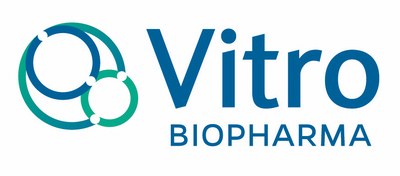Mesenchymal Stem Cell Treatment Prevents Post-Stroke Dysregulation of Matrix Metalloproteinases and Tissue Inhibitors of Metalloproteinases
Bharath Chelluboina • Koteswara Rao Nalamolu • Gustavo G. Mendez • Jeffrey D. Klopfenstein • David M. Pinson • David Z. Wang • Krishna Kumar Veeravalli
Departments of Cancer Biology and Pharmacologya, Neurosurgeryb, Pathologyc, and Neurologyd, University of Illinois College of Medicine at Peoria, Peoria, IL, eComprehensive Stroke Center, Illinois Neurological Institute, OSF HealthCare System, Saint Francis Medical Center, Peoria, USA
Key Words
Stem cells • Ischemia • Reperfusion • MMPs • TIMPs • Induction
Abstract
Background/Aims: Stem cell treatment is one of the potential treatment options for ischemic stroke. We recently demonstrated a protective effect of human umbilical cord blood-derived mesenchymal stem cells (HUCB-MSCs) in a rat model of ischemic stroke. The treatment attenuated apoptosis and prevented DNA damage. A collection of published studies, including several from our laboratory, indicated the induction and detrimental role for several matrix metalloproteinases (MMPs) in post-stroke brain injury. We hypothesized that the HUCB-MSCs treatment after focal cerebral ischemia prevents the dysregulation of MMPs and induces the expression of endogenous tissue inhibitors of metalloproteinases (TIMPs) to neutralize the elevated activity of MMPs. Methods: To test our hypothesis, we administered HUCB- MSCs (0.25 million cells/animal and 1 million cells/animal) intravenously via tail vein to male Sprague-Dawley rats that were subjected to a transient (two-hour) right middle cerebral artery occlusion (MCAO) and one-day reperfusion. Ischemic brain tissues obtained from various groups of rats seven days after reperfusion were subjected to real-time PCR, immunoblot, and immunofluorescence analysis. Results: HUCB-MSCs treatment prevented the induction of MMPs, which were upregulated in ischemia-induced rats that received no treatment. HUCB- MSCs treatment also prevented the induction of TIMPs expression. The extent of prevention of MMPs and TIMPs induction by HUCB-MSCs treatment is similar at both the doses tested. Conclusion: Prevention of stroke-induced MMPs upregulation after HUCB-MSCs treatment is not mediated through TIMPs upregulation.
© 2017 The Author(s)
Published by S. Karger AG, Basel

